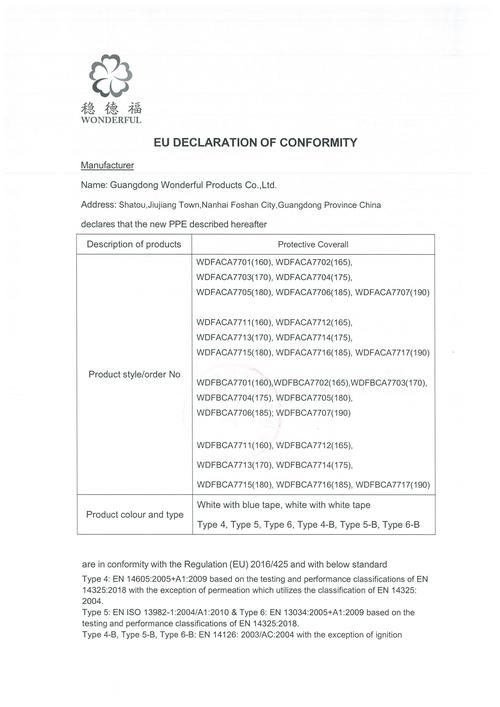
Elements of a Valid Contract ETH 321
Understanding the elements of a valid contract is crucial for anyone engaging in legal agreements, especially in the context of Ethereum (ETH) 321. This article will delve into the key components that make a contract legally binding and enforceable, providing you with a comprehensive guide to ensure your agreements are robust and secure.
Offer
An offer is the initial proposal made by one party to another, expressing a willingness to enter into a contract. For an offer to be valid, it must be clear, definite, and communicated to the offeree. It should include essential terms such as the subject matter, quantity, price, and any other relevant conditions. An offer can be revoked at any time before it is accepted, unless the offeror has provided a specific time for acceptance.

Acceptance
Acceptance is the offeree’s agreement to the terms of the offer. It must be unconditional and communicated to the offeror. Acceptance can be expressed through words or conduct, as long as it is clear and unambiguous. For example, if an offer is made to sell a car for $10,000, acceptance can be shown by the offeree signing a purchase agreement and making the payment.
Consideration
Consideration is something of value exchanged between the parties to a contract. It can be money, goods, services, or even a promise to do or not do something. Consideration is essential for a contract to be legally binding. Without consideration, the agreement is considered a mere promise, which is not enforceable in court.
Intention to Create Legal Relations
The parties involved in a contract must intend to create a legally binding agreement. This means that the contract is intended to be enforceable by law and not just a social or personal agreement. The intention to create legal relations can be inferred from the nature of the agreement and the circumstances surrounding its formation.
Capacity
Both parties to a contract must have the legal capacity to enter into the agreement. This means they must be of legal age, mentally competent, and not under any legal disability that would prevent them from understanding the terms of the contract. Minors, individuals under the influence of drugs or alcohol, and those with mental disabilities may lack the capacity to enter into a legally binding contract.

Legality
A valid contract must be for a lawful purpose. The subject matter of the contract and the performance of its terms must not be illegal. For example, a contract to sell illegal drugs or engage in fraudulent activities would be void and unenforceable.
Form
While many contracts can be oral or implied, certain types of contracts, such as those involving the sale of land or the transfer of shares, must be in writing to be enforceable. The form requirement ensures that the parties have a clear record of their agreement and can provide evidence of the contract in court if necessary.
Performance
Performance is the fulfillment of the obligations set forth in the contract. Both parties must comply with the terms of the agreement. If one party fails to perform their obligations, the other party may have the right to seek remedies, such as damages or specific performance.
Modification and Waiver
Modifications to a contract must be agreed upon by both parties and made in writing, unless the contract itself provides for oral modifications. A waiver is a voluntary and intentional relinquishment of a known right. Both parties must consent to the waiver, and it must be clear and unambiguous.
Dispute Resolution
In the event of a dispute, parties can agree to a dispute resolution mechanism, such as arbitration or mediation, to resolve their differences without going to court. This can help save time and money and maintain a business relationship.
Understanding the elements of a valid contract ETH 321 is essential for anyone engaging in legal agreements. By ensuring that your contracts meet these criteria, you can protect your interests and avoid potential legal issues. Always consult with a legal professional when drafting or entering into a contract to ensure that it is enforceable and meets your needs.


